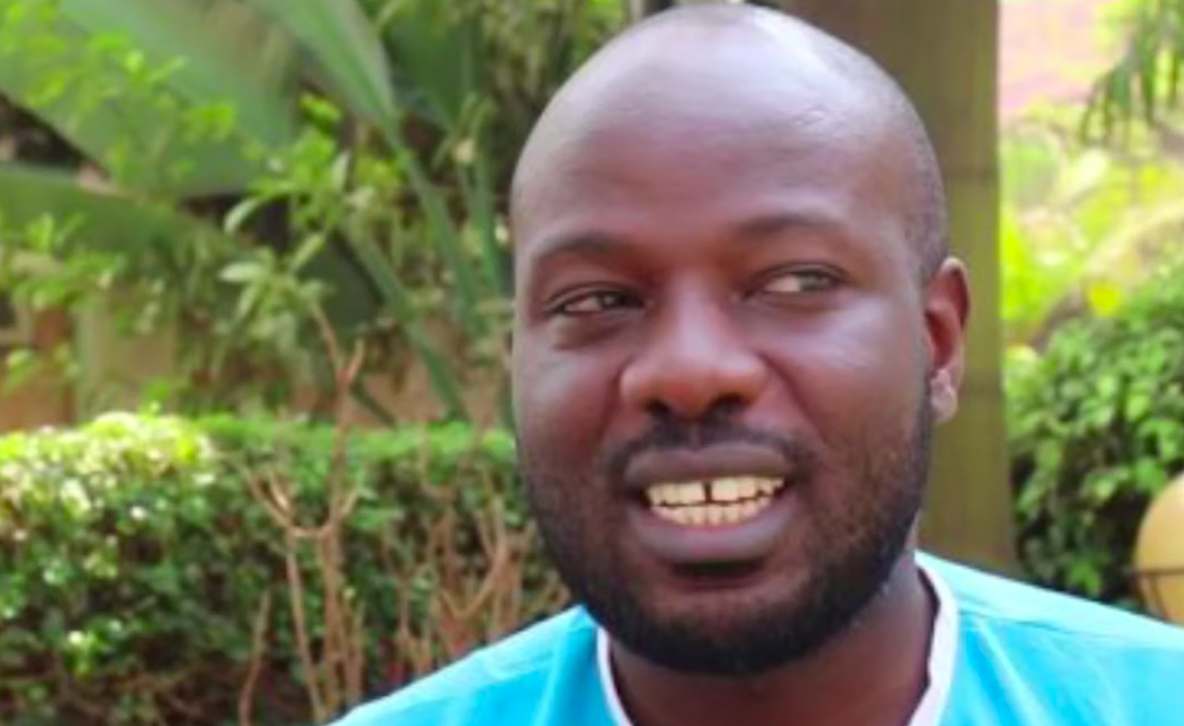Rwandan gospel singer who came out as gay says reaction has been ‘horrible’

Rwandan gospel singer Albert Nabonibo said he was prepared to come out as gay in a hostile environment to show people that it’s normal. (Albert Nabonibo/ Facebook)
A gospel singer from Rwanda who came out as gay has said the reaction has mostly been “horrible”, highlighting the discrimination experienced by many LGBT+ people in Africa.
Albert Nabonibo, 35, was reportedly the first gospel singer to come out in Rwanda when he made the announcement in August.
Although gay sex is legal in Rwanda, attitudes towards LGBT+ people are hostile and the topic of sexuality is taboo.
He has received abuse from family and friends as well as strangers. Some of his friends spoke to the Associated Press, but were “too embarrassed” to be identified.
One said: “This is crazy. I don’t understand why he thinks this is normal.”
Others are scared for their own safety, and one friend said he was in “agony” over the fact that his family knows he was friends with Nabonibo.
He has blocked his former friend from any online contact, stating that he wants to “keep safe”.

Rwandan gospel singer Albert Nabonibo. (Rwanda updates/ YouTube)
Albert Nabonibo was aware coming out in Rwanda would be a “daily battle”.
Nabonibo, a qualified accountant as well as gospel singer, told the Associated Press that he has become an outcast in his workplace, but that he could no longer “live in denial”.
He said: “But there is no going back, because I have to live my real life. It’s so sad to see people you know abusing you.”
“There is a long list of them [gay people] in your midst and they include pastors or churchgoers. This pretence encouraged me to speak out.”
When he first came out, Nabonibo said that he was aware that it would be a “daily battle”.
Now, he says: “Criticism and sadness. What does it matter? What’s important is that I have taken my choice.”
According to ILGA: “Although Rwanda does not criminalise same sex-relations, social stigma against LGBTIQ persons is prevalent, including family exclusion and discrimination on the basis of sexual orientation and gender identity is rife in the employment sector.”

